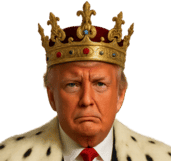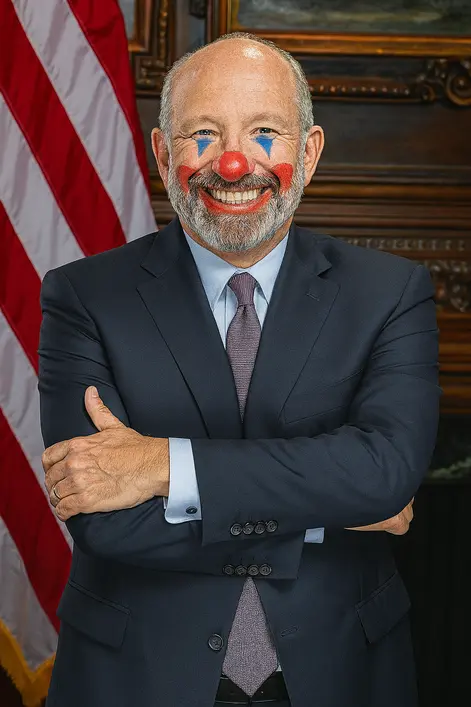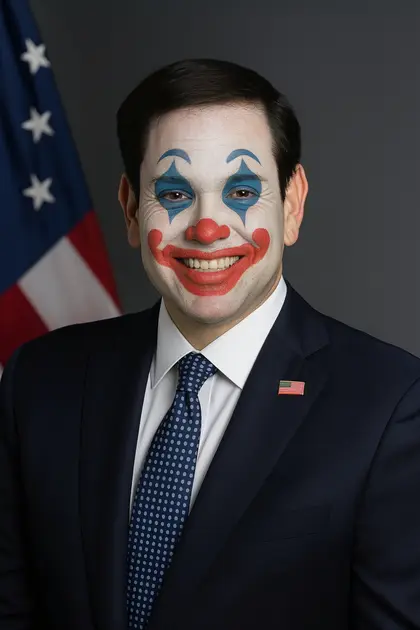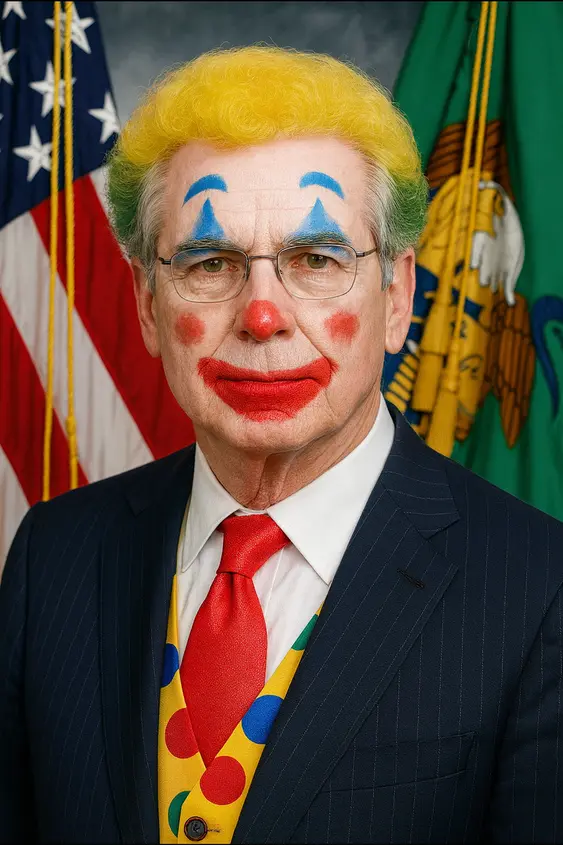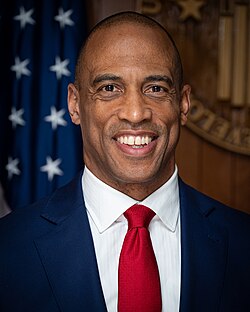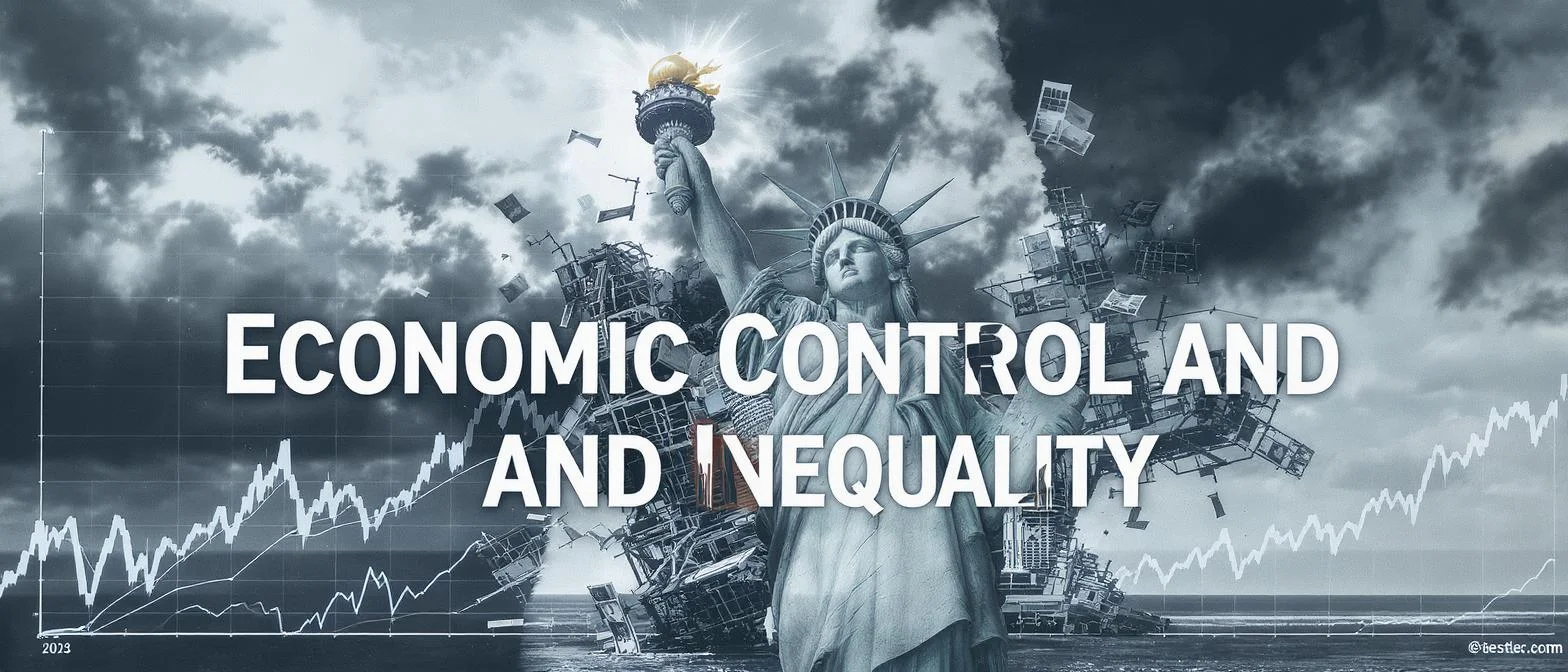Analysis
A key indicator of democratic erosion is the manipulation of economic policy to reward allies and punish critics. During Donald Trump’s second term, economic favoritism, entrenched inequality, and the dismantling of independent market institutions have become central strategies for political control.
This phase of governance is marked by:
- Use of state resources to reward loyalty
- Punishment of political opposition through regulation or exclusion
- Rising economic inequality
- Crony capitalism displacing competitive enterprise
1. Economic Favoritism and Political Reward Systems
Trump has routinely used federal contracts, tax incentives, and trade protections to reward business allies and loyal states:
- Federal grants disproportionately favor industries with political ties to the administration (ACLU, February 2025).
- Red states receive prioritized infrastructure and development funding.(San Francisco Chronicle, June 2025)
- Corporations aligned with Trump’s agenda are granted relaxed regulatory oversight and tax leniency. (MSN, June 2025)
- Retaliation Against Political Opponents. Blocking funding for Harvard and as Elon Musk has fallen out of favour, Trump has threatened to revoke federal contracts.(Politico, June 2025)
This dynamic creates a two-tiered economic system: one for loyalists, and one for the rest.
2. Targeting and Punishing Critics
Companies, states, and institutions perceived as adversarial to the administration face retribution:
- Blue state economies have seen delays or denials in federal assistance programs. (Holland & Knight, January 2025)
- Higher scrutiny and audit threats are levied against media platforms critical of the administration. (AlJazeera, February 2025)
- Unionized workplaces and worker advocacy groups face regulatory crackdowns or defunding. (Washington Post, March 2025)
This weaponization of the economy stifles dissent and chills opposition.
3. Growing Inequality and Mass Disenchantment
Trump’s economic agenda has exacerbated wealth disparities:
- Massive tax cuts benefit the ultra-wealthy and corporations. (The Guardian, June 2005)
- Social programs have been gutted, increasing precarity among lower-income populations. (Vox, May 2025)
- Wage stagnation persists for the working class despite inflation and rising corporate profits. (Time, May 2025)
The result is growing disillusionment with the fairness of the system and declining faith in democratic governance.
4. Erosion of Independent Institutions
Free-market norms are undermined as Trump consolidates economic power:
- Central bank and financial regulators increasingly staffed with political loyalists. (Citizens for Ethics, February 2025)
- Anti-monopoly enforcement has been deprioritized in favor of corporate consolidation among aligned firms. (Politico, May 2025)
- Major labor organizations are sidelined in federal policymaking in favor of business coalitions close to the White House. (OPB, March 2025)
This erosion eliminates traditional checks and balances on executive influence over the economy.
Conclusion
The second Trump term has intensified the use of the economy as a political weapon. By rewarding allies, punishing dissenters, and dismantling market independence, the administration has fostered an oligarchic order masked by nationalist rhetoric. Economic control and engineered inequality are now core tools of power maintenance, posing a long-term threat to democratic integrity.
